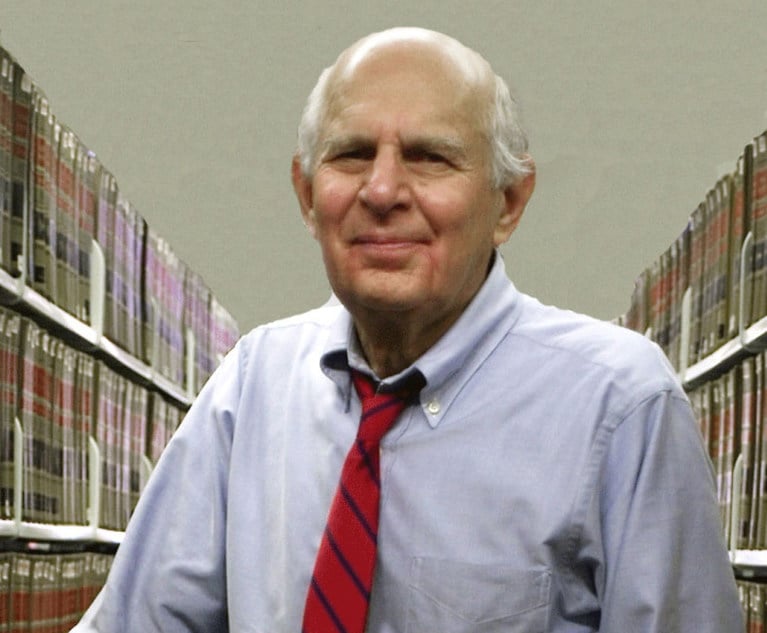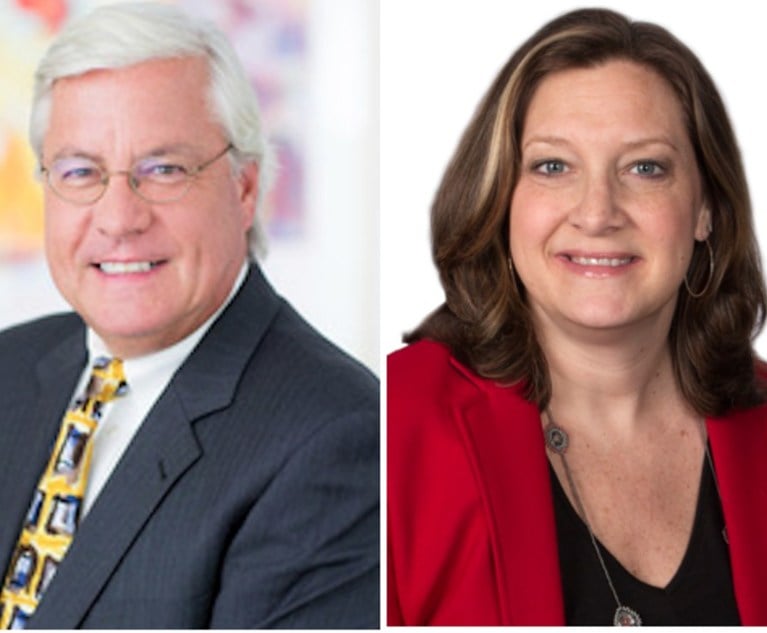 Upon inception of the PTAB in 2012, Congress decreed a minimum for instituting an IPR but no affirmative requirement to do so. 37 C.F.R. §42.108(b); 35 U.S.C. §314(a). As a result, the PTAB has broad discretion to deny institution—recognized by both the Federal Circuit and the Supreme Court. Recently the PTAB has increasingly used its discretion to deny institution under 35 U.S.C. §§314(a) and 325(d). Section 314(a) gives the PTAB discretion to deny institution of a petition with no statutorily delineated limits, while §325(d) grants discretion to deny institution when arguments are similar to those previously presented to the Patent Office.
Upon inception of the PTAB in 2012, Congress decreed a minimum for instituting an IPR but no affirmative requirement to do so. 37 C.F.R. §42.108(b); 35 U.S.C. §314(a). As a result, the PTAB has broad discretion to deny institution—recognized by both the Federal Circuit and the Supreme Court. Recently the PTAB has increasingly used its discretion to deny institution under 35 U.S.C. §§314(a) and 325(d). Section 314(a) gives the PTAB discretion to deny institution of a petition with no statutorily delineated limits, while §325(d) grants discretion to deny institution when arguments are similar to those previously presented to the Patent Office.
Denials Under §314(a)
Although §314(a) empowers the Board with a broad discretion backstop, the Board often relies on §314(a) to deny institution of “follow-on petitions” that stage arguments in multiple petitions, often with the purpose of adapting each petition to responses of Patent Owner and the Board. The Board weighs a series of factors in determining whether to deny institution of a follow-on petition. These General Plastic factors fundamentally consider: (1) whether the same petitioner previously sought review of the same patent claims; (2) whether petitioner knew of subsequently used prior art at the time of filing the first petition; and (3) whether the petitioner had received any preliminary response from patent owner to a first petition. Notably, the General Plastic factors also apply when multiple petitioners challenge the same patent, as seen in Valve Corp. v. Electronic Scripting Prods., IPR2019-00062, Paper 11 (PTAB April 2, 2019).






